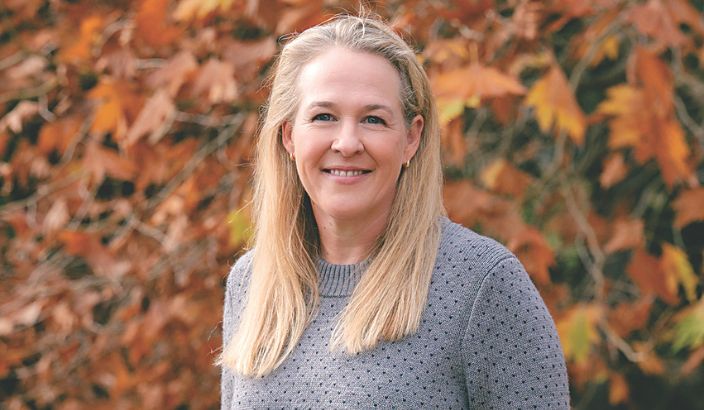Kāinga Ora carpet decision “step in right direction”


Kara Biggs has been advocating for woollen carpets over artificial fibres. <em>Photo: Supplied</em>
Kāinga Ora’s announcement that it will close its existing tender process for carpeting more than 5,000 of its 75,000 homes in synthetic, solution-dyed floor coverings only is “a step in the right decision, and the only reasonable decision it could have made,” says Campaign for Wool NZ (CFWNZ).
Last year, General Manager for CFWNZ, Kara Biggs, made an Official Information Act request to Kāinga Ora “in an attempt to understand why a government agency directed by the coalition agreement of 2023 to preference the use of woollen over artificial fibres in its buildings would go on to specifically rule out the procurement of woollen carpet in its tender process.”
Kāinga Ora wrote to Campaign for Wool stating that it was seeking a significant extension on the Official Information Act request, but on further pressure from the strong wool advocacy not-for-profit, issued a press release at the end of Janurary stating it will now close the current procurement process.
“We will be reissuing a new RFP inviting submissions from both wool and nylon carpet suppliers,” its press release concludes.
Kara says this is good news for wool carpet manufacturers and encouraging for New Zealand’s strong wool growers who have been appalled to see highly flammable, petroleum derived nylon carpets preference over natural woollen floor coverings. “This decision allows wool carpet suppliers to, at the very least, be considered as an option for Kāinga Ora’s new builds and renovations over the coming year.”
But it’s not a level playing field, she warns. “We urge the government, and Kāinga Ora, to look not just at market pricing as their benchmark for suitability, but to investigate more fully the long-term benefits that laying wool flooring can bring to a home. It’s a far healthier alternative for tenants, particularly for babies and children, the elderly, those with asthma, or anyone with allergies. Wool is natural, it’s moisture wicking, it’s hypoallergenic, and its thermo-regulating. That means it’s warm in winter and provides coolness in summer,” she says.
It’s also highly flame resistant, which makes it a safer fibre for housing. And it biodegrades at the end of its long life, which nylon simply cannot. “The list of attributes is well established, and well-researched,” she says. “Why would a government department continue to force its tenants to live in a highly unnatural, plastic-derived environment, when the benefits of wool are so clear? We’re looking forward to seeing how Kāinga Ora assesses those tendering for this contract, and what the decision matrix is.”
